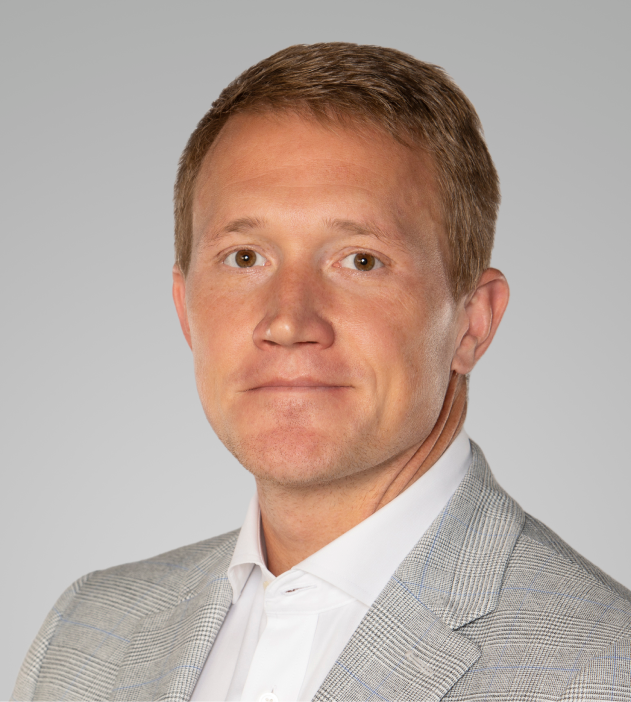The Setting Every Community Up for Retirement Enhancement (SECURE) Act, passed in late 2019, greatly expanded retirement tax benefits to companies and their employees. The Securing a Strong Retirement Act, or SECURE Act 2.0, looks to build upon the 2019 Act and provide further retirement opportunities to employers and employees. The legislation has significant bipartisan support and has the momentum to pass this year.
Some key provisions of SECURE Act 2.0 are discussed below.
Automatic Employee Enrollment and Escalation. SECURE Act 2.0 would require employers that establish defined contribution plans after 2021 to automatically enroll new employees, when eligible, in the plan at a pretax contribution level of 3 percent of the employee's pay. The initial contribution percentage would increase by a percentage point each year until it reaches 10 percent of compensation.
Allow Roth Matching Contributions. Businesses would have the option of permitting employees to elect that some or all of their matching contributions be treated as Roth contributions for 401(k) plans. Employer matching contributions designated as Roth contributions would not be excludable from employees' gross income.
Further Delay Mandatory Distributions. The original SECURE Act increased the Required Minimum Distribution (RMD) beginning age to its current 72 from the previous 70.5. SECURE 2.0 Act would further increase it to age 73 starting in 2022, then to age 74 in 2029 and to age 75 in 2032.
Enhance Employer Tax Credits. The small employer pension plan startup costs credit would increase from an applicable percentage of 50 percent of administrative costs to 100 percent for employers with up to 50 employees.
SECURE 2.0 has other provisions that would impact employer retirement plans. Employers, employees, and even those who are approaching retirement age should be cognizant of the proposed changes to ensure all retirement planning strategies are being maximized.
Brian D. Kitchen is a director with Kreischer Miller and a specialist for the Center for Private Company Excellence. Contact him at Email.
You may also like:

